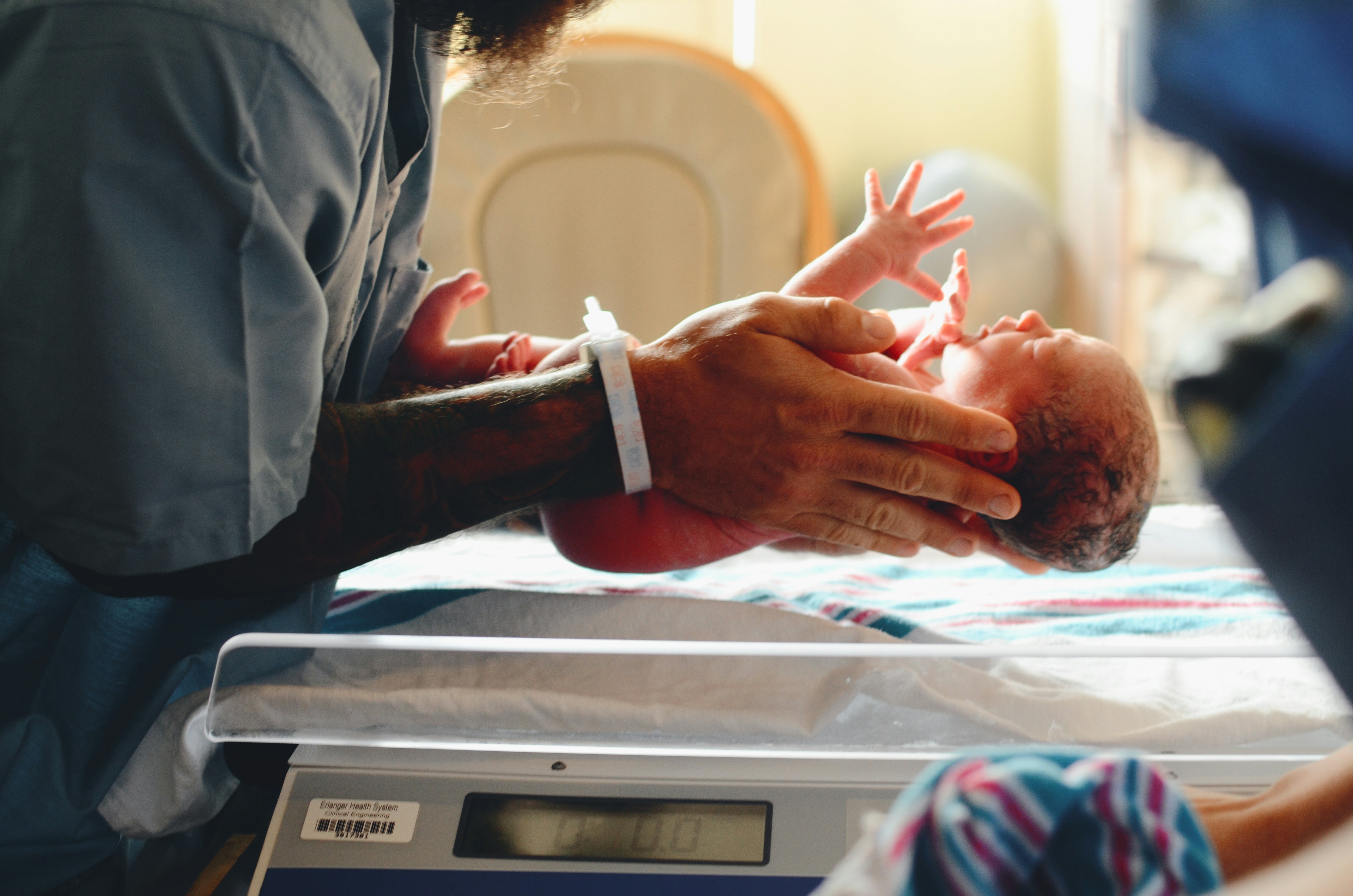2024-12-10 ペンシルベニア州立大学(PennState)
<関連情報>
- https://www.psu.edu/news/engineering/story/brain-mechanisms-underpinning-loss-consciousness-identified
- https://onlinelibrary.wiley.com/doi/10.1002/advs.202406320
意識喪失時の海馬-タラマス-MPFC経路における連続的な不活性化 Sequential Deactivation Across the Hippocampus-Thalamus-mPFC Pathway During Loss of Consciousness
Xiaoai Chen, Samuel R. Cramer, Dennis C.Y. Chan, Xu Han, Nanyin Zhang
Advanced Science Published: 09 September 2024
DOI:https://doi.org/10.1002/advs.202406320

Abstract
How consciousness is lost in states such as sleep or anesthesia remains a mystery. To gain insight into this phenomenon, concurrent recordings of electrophysiology signals in the anterior cingulate cortex and whole-brain functional magnetic resonance imaging (fMRI) are conducted in rats exposed to graded propofol, undergoing the transition from consciousness to unconsciousness. The results reveal that upon the loss of consciousness (LOC), there is a sharp increase in low-frequency power of the electrophysiological signal. Additionally, fMRI signals exhibit a cascade of deactivation across a pathway including the hippocampus, thalamus, and medial prefrontal cortex (mPFC) surrounding the moment of LOC, followed by a broader increase in brain activity across the cortex during sustained unconsciousness. Furthermore, sliding window analysis demonstrates a temporary increase in synchrony of fMRI signals across the hippocampus-thalamus-mPFC pathway preceding LOC. These data suggest that LOC may be triggered by sequential activities in the hippocampus, thalamus, and mPFC, while wide-spread activity increases in other cortical regions commonly observed during anesthesia-induced unconsciousness may be a consequence, rather than a cause of LOC. Taken together, the study identifies a cascade of neural events unfolding as the brain transitions into unconsciousness, offering insight into the systems-level neural mechanisms underpinning LOC.


